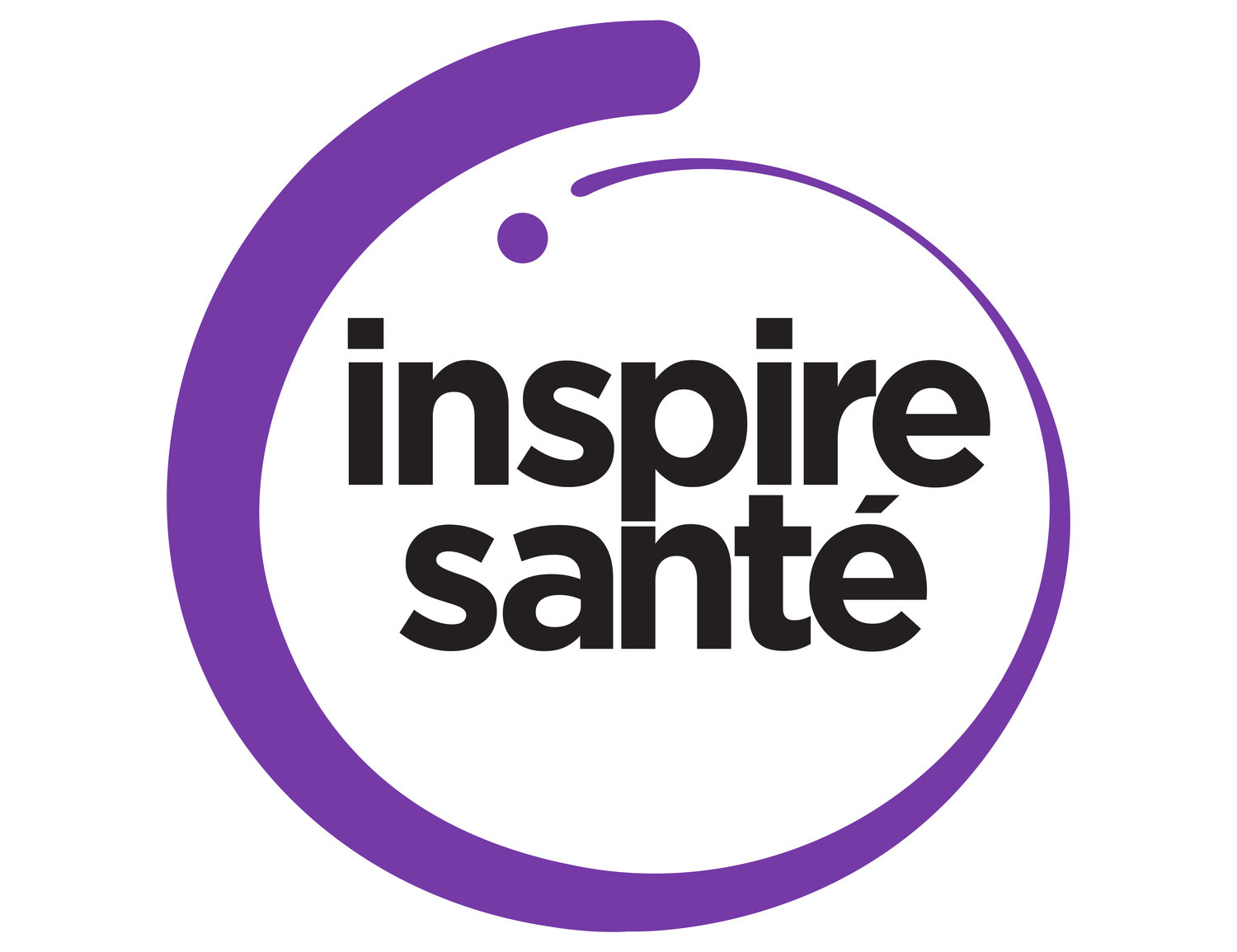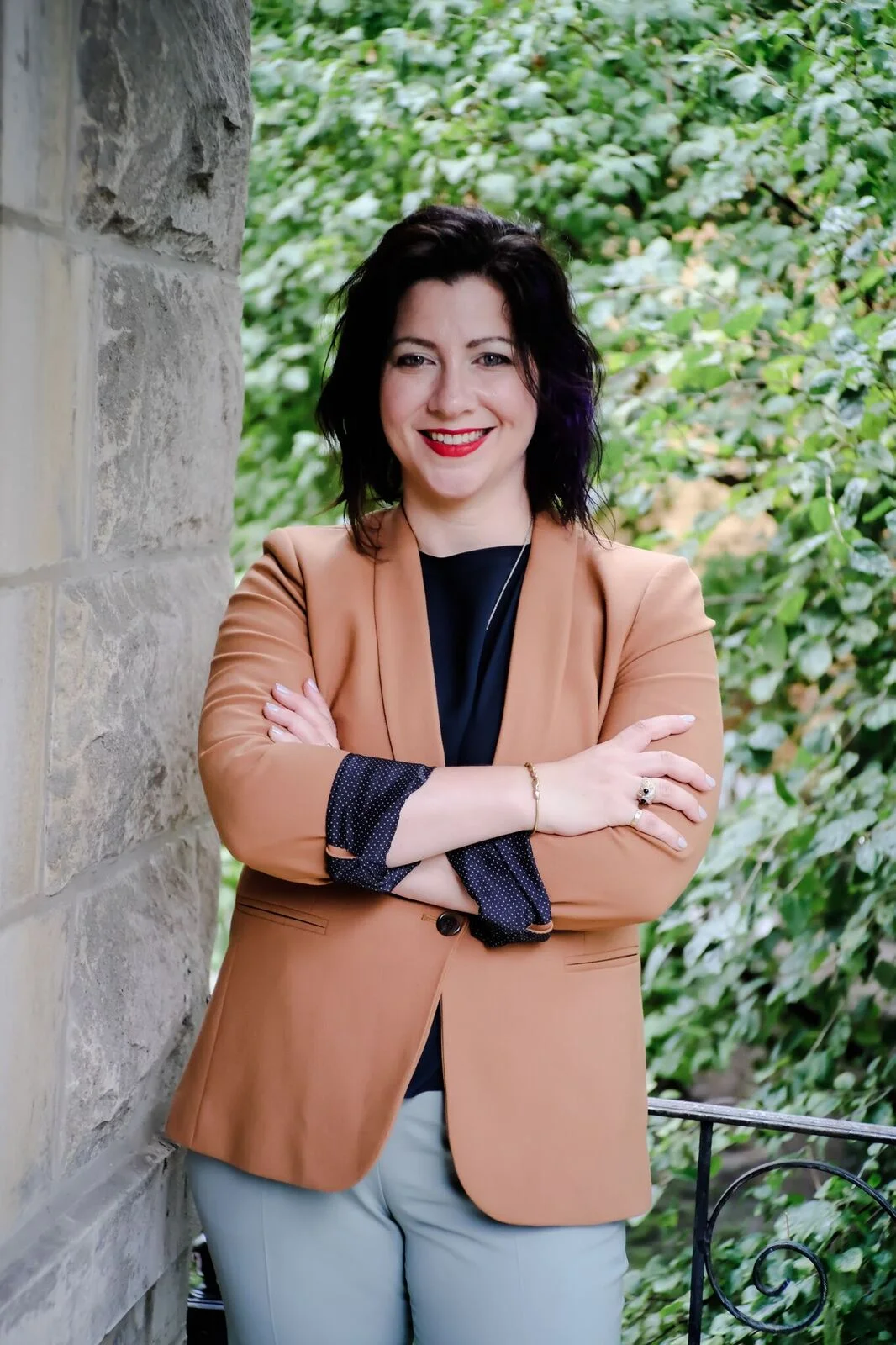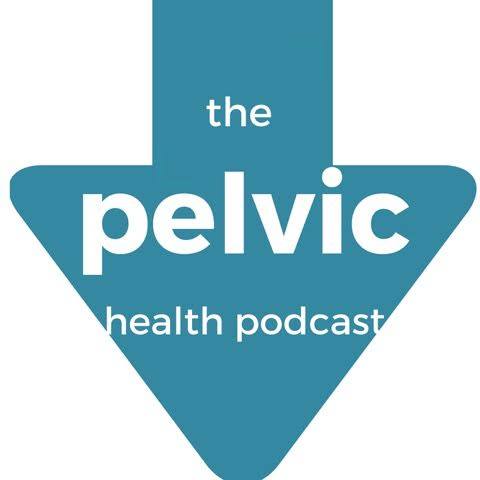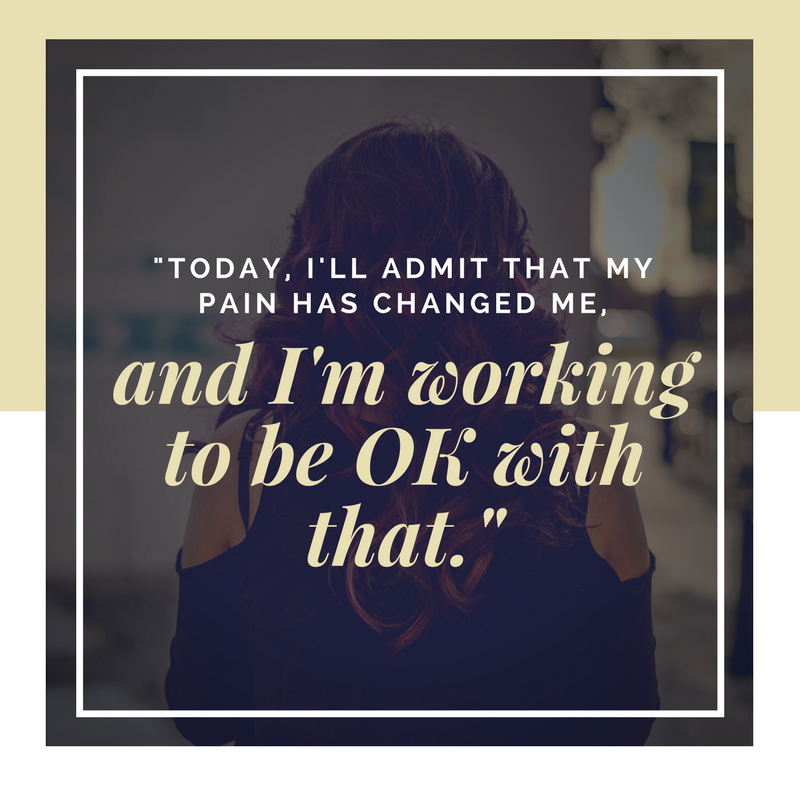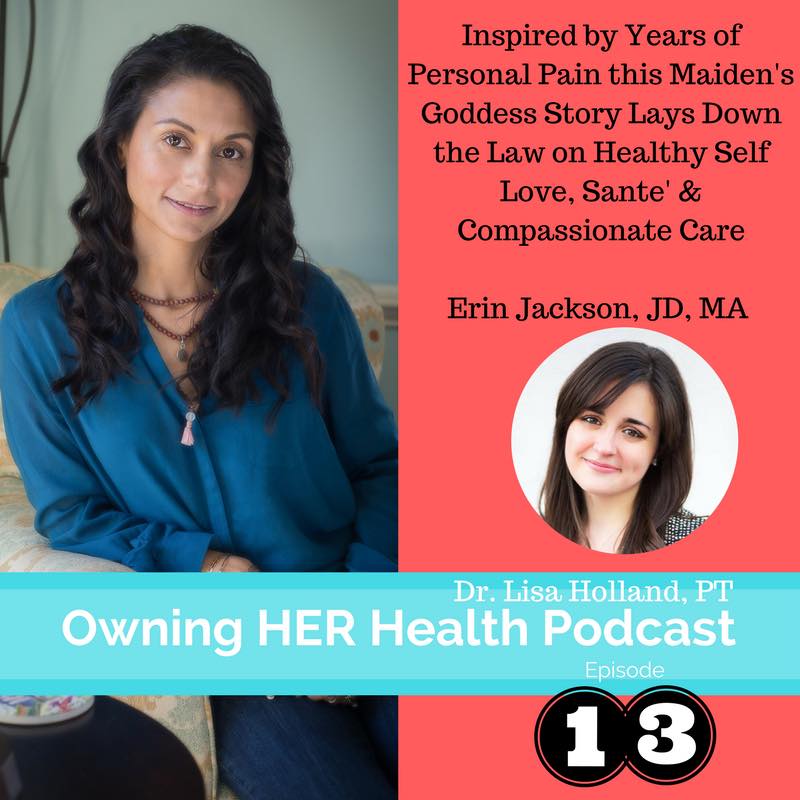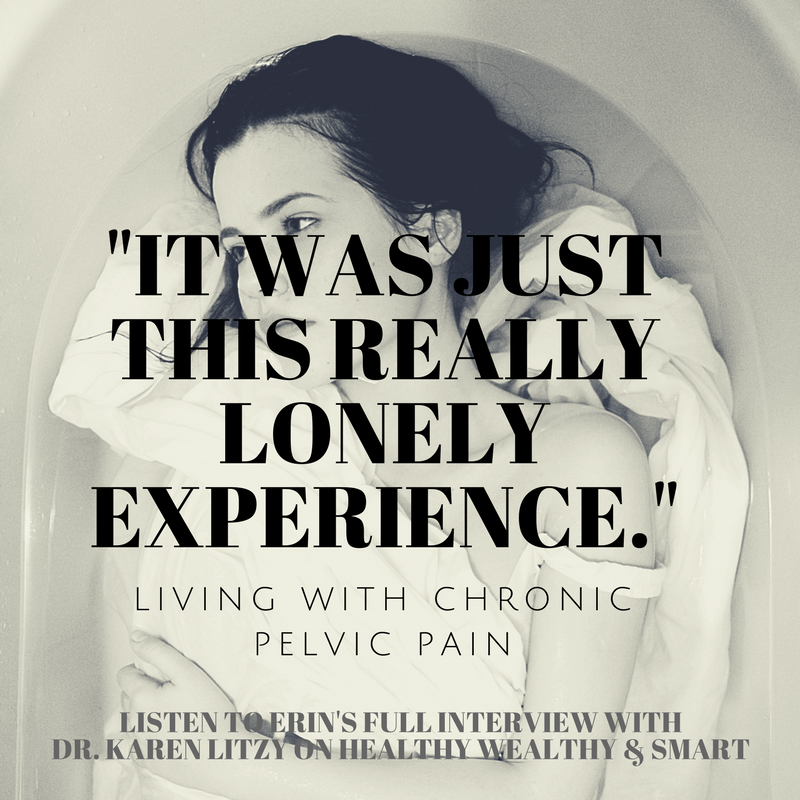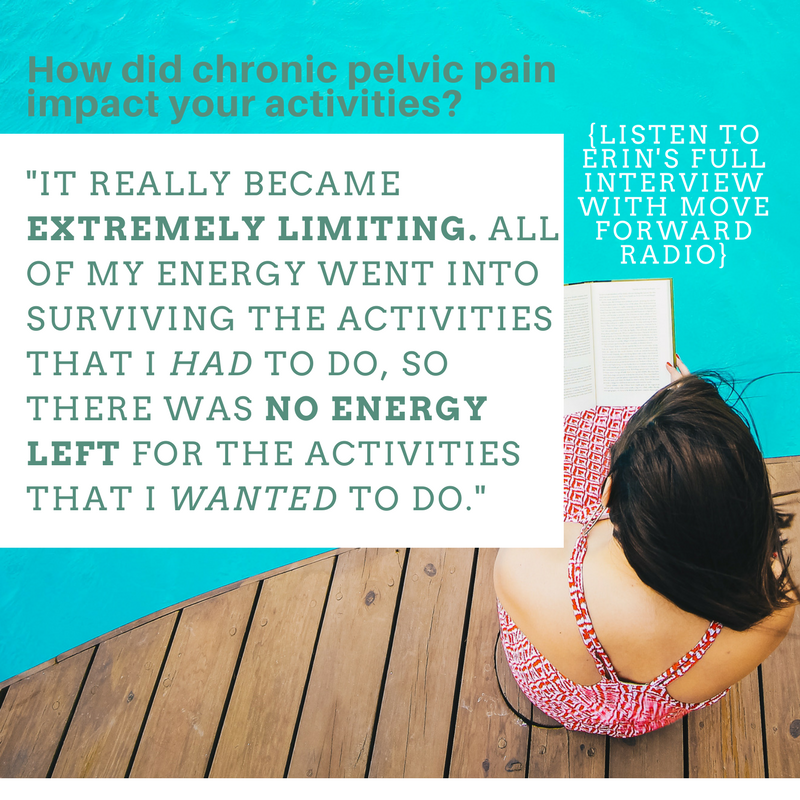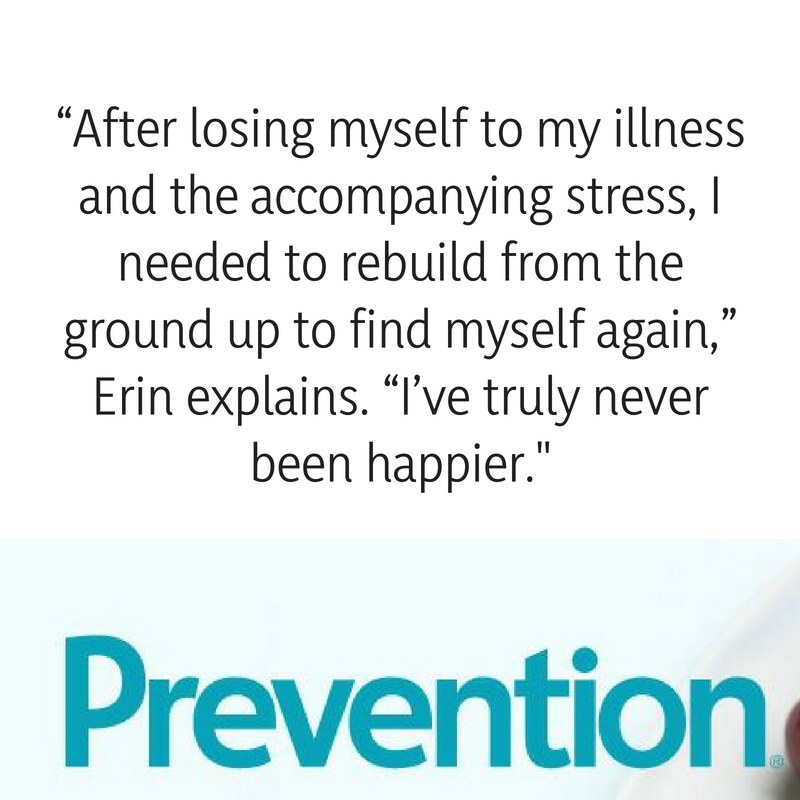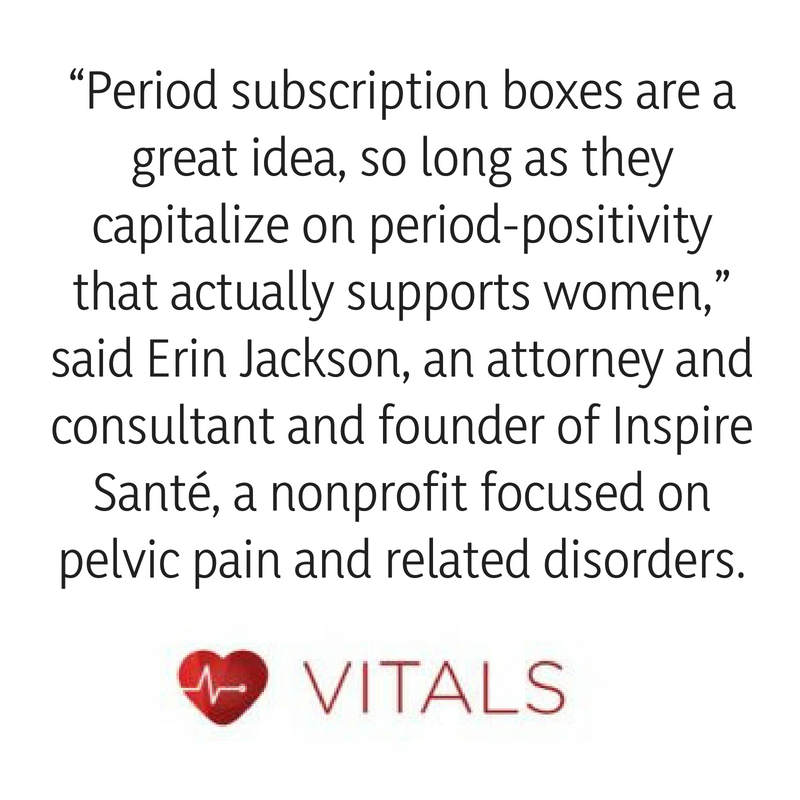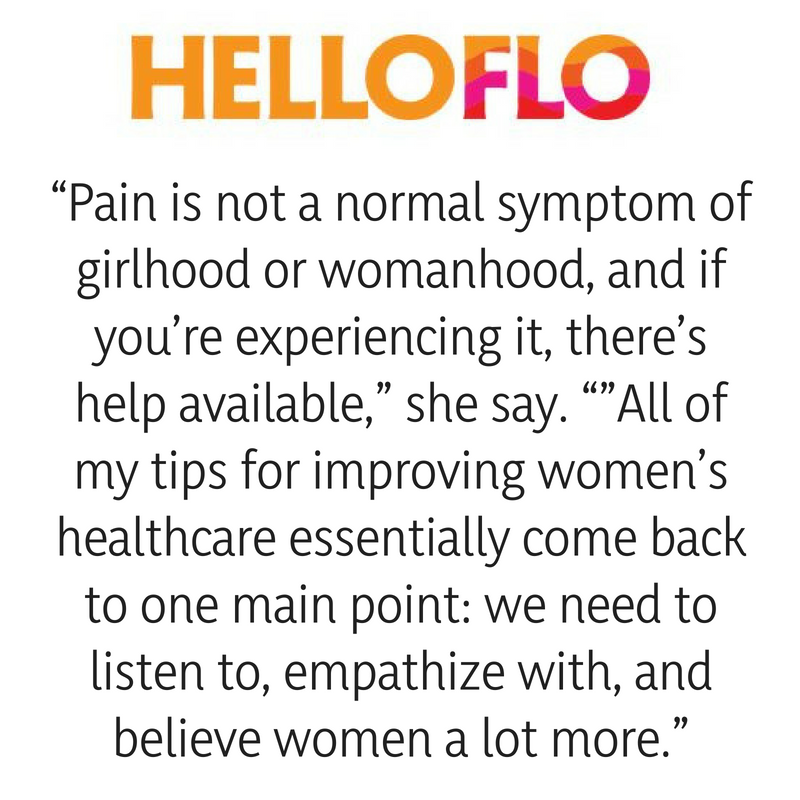Pelvic pain is common. But it's not normal.
You can heal. We want to help.
We're a nonprofit that provides advocacy and education for pelvic pain disorders. Click around, learn more, and reach out with questions. We're here to help.

RESTORING YOUR HOPE
IS OUR MISSION.
We supply the community, inspiration and education to elevate your healing.
We offer courses, speaking engagements, and insight into a woman's experience while battling pain, dysfunction, or chronic illness.
Most importantly, we speak about our bodies and about life with pain or illness in a candid, honest way by sharing our personal stories.
Click around, learn more, and reach out to say hi.
Meet our Healers + Hope Dealers™
Sandy Hilton is a pelvic physical therapist in Chicago. She’s also our founder Erin Jackson’s physical therapist, a brilliant and empathetic human, and a wonderful healer. Learn more about her.
Kate Engler is a couples therapist who helps navigate the challenges of sex for couples impacted by pelvic pain, including the traumas that can be inflicted by years of gaslighting from medical providers. She facilitates honest, open, and comfortable conversations intended to heal.
Ewelina Beardmore owns a psychotherapy practice in Chicago and works with women experiencing pelvic pain and sexual dysfunction.
Emily Wilson owns a pelvic physical therapy practice in Kalamazoo, Michigan, through which she treats women with a variety of pelvic floor concerns or disorders.
Devra Sheldon is a physical therapist in Chicago who works with chronic persistent pain patients. She also owns DevraJoy, which mentors other healthcare practitioners about treating patients in pain.
Abby Bales owns a pelvic physical therapy practice in NYC, where she treats women in their homes for a variety of pelvic health concerns.
our blog: real stories from real women.
CLICK HERE TO SHARE YOUR STORY.
Reading my own story, written in the first-person, but in someone else’s voice was destabilizing for someone so early in their recovery. I felt violated, vulnerable, and unsure of myself in life at that time, and the way the narrative was drawn, I felt disempowered.
To help people in pain, it's crucial for practitioners and policymakers to talk about opioids in a way that doesn't stigmatize those who do or did use them, and in a way that's empathetic to the fear and experience of pain.
My first trauma-informed pelvic exam. It melted my fears and alleviated my need to feel on-guard or like I needed to remain an alert advocate for myself while being examined. She was so, so wonderful, and I never felt vulnerable.
OHSS. A few friends have asked me recently what the deal is with the fact that I'm *still* recovering from my last bout of IVF. They've been kind and curious, and I don't mind the questions. But here's what's up.
I've felt judged by other women when I share that the goal of our IVF journey is to have our children via surrogate. When faced with it, I've found myself nervously rattling off all the reasons why we need to do it this way when people say how "nice" it must be to take the "easy way out" and avoid birth or, conversely, who comment about how "difficult" it must be to think about another woman being the one to carry my children and how I must feel "so, like, out-of-control!".
You're not alone.
The patient panel at the 2018 San Diego Pain Summit is now available for free online viewing. Click on the image to hear our stories.
MANY THANKS TO THE SUMMIT FOR SHARING THIS VIDEO SO IT CAN BE A RESOURCE TO OTHERS IN PAIN.
PODCASTS, BLOGS + MORE

